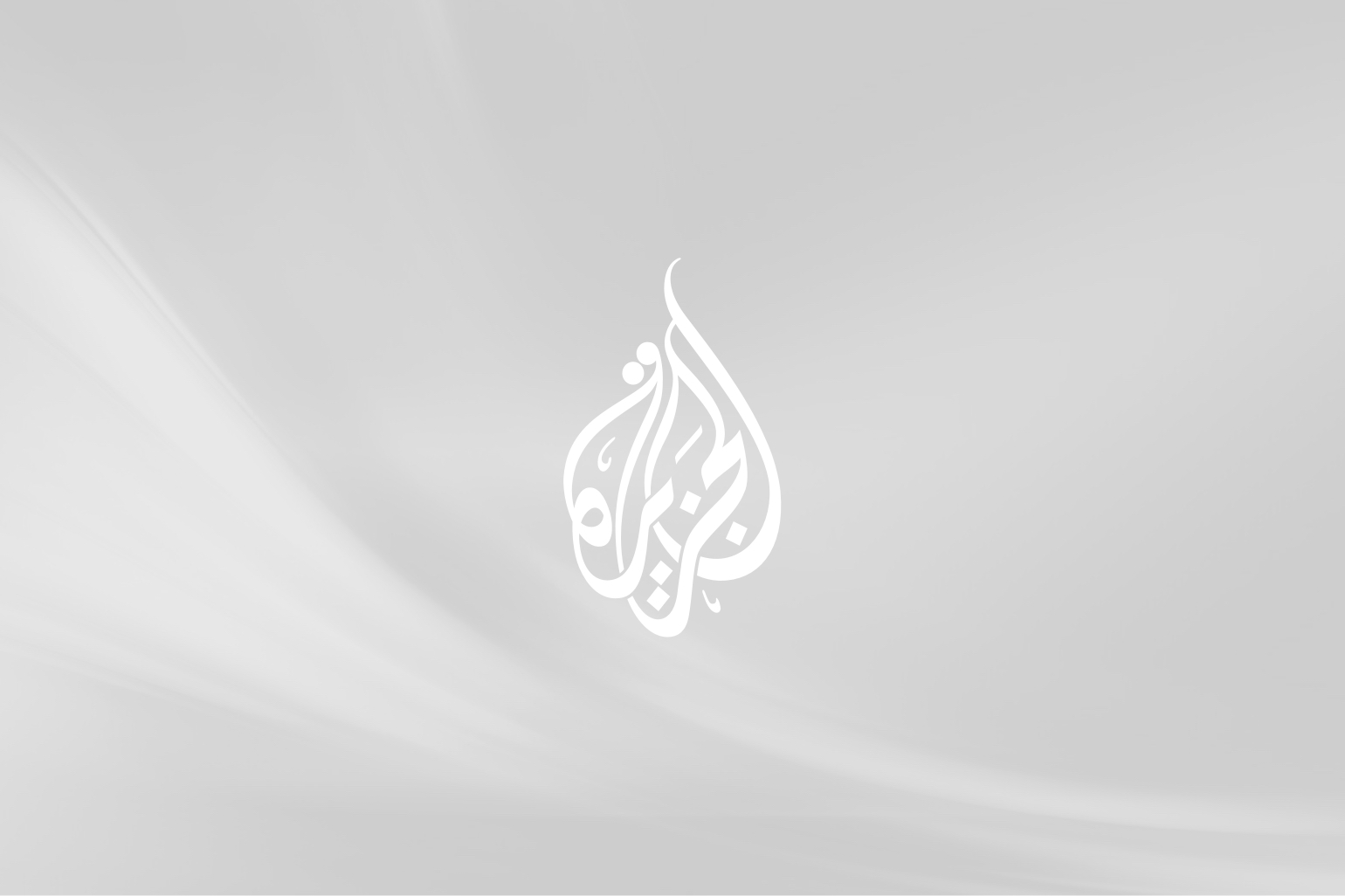US in secret talks with Iran
The United States and Iran have had “several meetings,” US State Department officials revealed on Monday, but noted that resuming diplomatic relations is not on the agenda.
 |
| Iran finds itself surrounded by US army bases, post-September 11 |
The talks – focusing on Iran’s role in the region in the aftermath of the invasion of Iraq and allegations that it sponsors “terrorist” groups – are expected to continue over the coming days.
National security adviser Condoleezza Rice said the talks between the Tehran government and White House aide Zalmay Khalilzad “grew directly out of needing to deal with some practical matters dealing with Afghanistan … and then were extended to Iraq … This is not somehow an opening to diplomatic relations.”
Rice said discussions on Afghanistan were good and Tehran has been “relatively supportive” of the US-backed government there, but there were “troubling signs” of Iranian interference in post-Saddam Iraq.
“The most recent meeting was about nine days ago (and) we have had several meetings over the last several months, going into and coming out of the war in Iraq,” said a senior official travelling with US Secretary of State Colin Powell.
Iran neighbours both Afghanistan, where the United States began its “anti-terrorism” war by toppling the Taliban and its Al Qaeda allies, and Iraq, where US-led forces deposed Saddam Hussein.
Rice warned that any attempt by Iran to export its form of Islamic theocracy to Iraq “would be a problem” because Washington believes the Iraqi people want “modern development” and Iran’s system has only “frustrated the desires of the Iranian people.”
Secret channels
Although there have been no diplomatic relations between Tehran and Washington since the 1979 Islamic Revolution, unofficial contacts have been maintained.
“Talks have gone on off the record and indirectly,” says R K Ramazani, the Professor Emeritus of the Department of Politics in the University of Virginia.
“Even before the war in Iraq, there have been discussions going on about the nature of the postwar government and the Iranian position has been very clear – there should be a freely-elected government that is democratic, not theocratic, although they believe Islam should have a great role and that Iraq’s victimized Shia should have a voice in government.”
Rice insists that “many, many barriers” remain to broad diplomatic ties, including Iran’s “support for terrorism” and its pursuit of weapons of mass destruction.
On Monday, the daily USA Today quoted Iranian and US diplomatic sources as saying representatives of the two governments met secretly in Cairo three times this year, the last time on 3 May.
According to the report, Zalmay Khalilzad, a special envoy named
by US President George W Bush for Iraq and Afghanistan, led the US delegation.
In Jerusalem on Saturday, Powell said Washington was in contact
with Iran over the Israeli-Palestinian conflict and developments in
Iraq, but he gave few details.
“We have ways of communicating with the Iranians and we use them on a regular basis, and very recently,” Powell told reporters
travelling with him.
“We have not pursued a dialogue with Iran as openly as we have
with Syria (but) we do have channels that we are using,” he said.
“The Pentagon has accused Iran of being a sponsor of terrorism, of Islamic Jihad, Hizb Allah and Hamas while the State Department approach has been more diplomatic, looking for common positions that can maybe be worked on,” said Ramazani.
“The Bush administration’s vision is of an American presence in Iraq, Central Asia and Afghanistan that encircles Iran. They think that this will put so much pressure on the theocratic regime that it will crack.”
A nuclear threat?
 |
| Two women pass by an anti-US, anti-Israel slogan |
Washington has urged the International Atomic Energy Agency to declare Iran in non-compliance with the 1970 nuclear Non-Proliferation Treaty when it meets next month.
If evidence of Iran’s nuclear weapons programmes “all pans out, noncompliance is pretty clear,” Rice said.
“If they (IAEA inspectors) find what preliminary suggestions say they found in Iran and, knowing what we know about the programmes, then there has to be some consequence for that,” she added.
Rice did not say what the next steps might be. But sending the issue to the UN Security Council and getting other states to curb exports to Iran are options.
While Washington has long accused Iran of pursuing nuclear arms, concern was heightened by revelations from IAEA inspectors who in February visited Iranian facilities, including a uranium enrichment plant at Natanz.
Tehran is now said to be on track to produce enough enriched uranium by 2005 for several nuclear bombs per year.
Iran, one of 187 treaty signatories, insists it is working on a legal nuclear programme based on the peaceful use of energy for economic development.
Another US aim is to end Iran’s support for anti-Israel groups it deems terrorist. Speaking in Jerusalem, Powell said the US would get its message across to Iran, one way or the other.
“These are attemps by us to make the same kind of points to Iran
that we make with other governments in the region: You should not interfere in Iraq, you should allow the development of a
representative government, you should not insert any hard (radical) group into Iraq.”